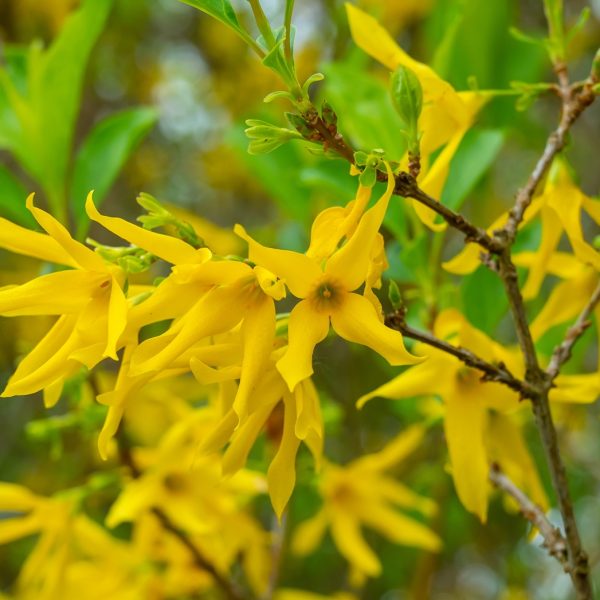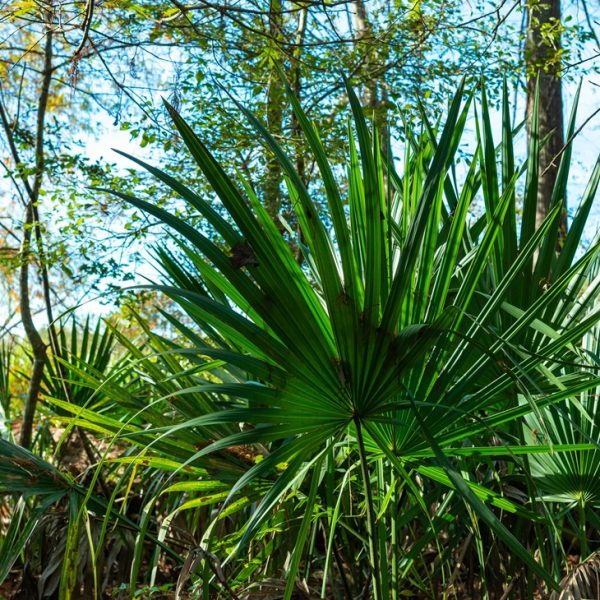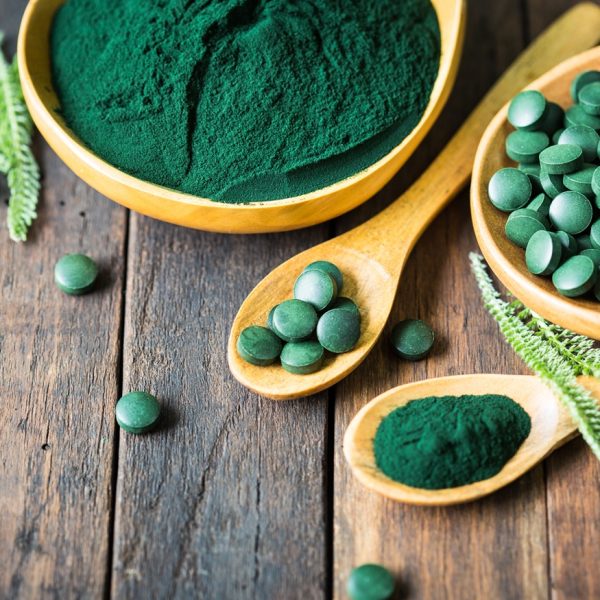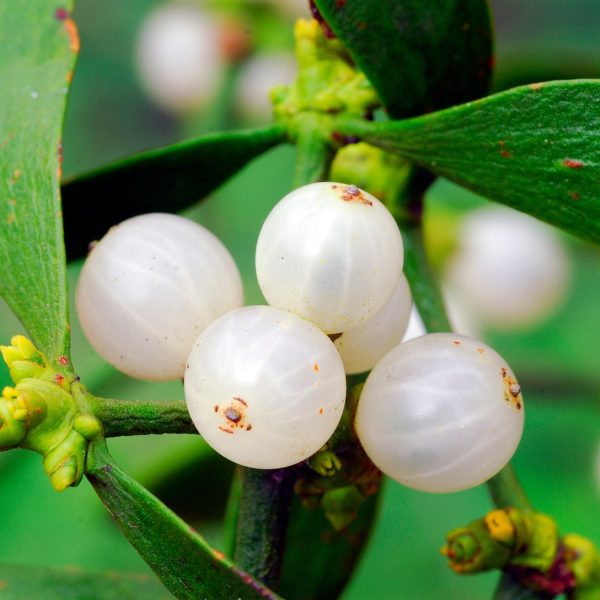
In this article, we summarise the study, The effect of Calendula officinalis versus metronidazole on bacterial vaginosis in women: A double-blind randomized controlled trial.
Plant name and species
Calendula (Calendula officinalis)
Aim of study
Bacterial vaginosis is a common condition among people of reproductive age. This study compared a cream based on a calendula extract with metronidazole.
Study method
40 participants were randomly assigned to the calendula group, and the other 40 were assigned to the metronidazole group. Subjects were diagnosed with bacterial vaginosis if they had at least three of the four Amsel groups. Participants used their respective creams for one week intravaginally and symptoms were re-assessed one week after treatment completion.
Herbal preparation
Methanol extract of C. officinalis was added to a base cream made of cetostearyl alcohol, petroleum jelly, glycerin, mineral oil, preservative, and antioxidant.
Sample size
80 women
Results of study
Prior to treatment, most women in both groups had symptoms such as dysuria (the most common symptom), vaginal burning, itching, discharge and odour. The group who were given calendula cream had much more prevalent symptoms of itching compared to the metronidazole group prior to treatment (22.5% vs 2.5%), but showed no other significant difference with regards to other symptoms.
One week after intervention, both groups were free of symptoms, and no women suffered any acute side effects from either calendula or metronidazole.
Discussion
Other studies have shown that calendula is effective against both gram-positive and gram-negative strains of bacteria. It has also been shown to have antifungal activity and was as effective as clotrimazole in women with candida albicans infection. Methanol extracts were shown to have stronger antibacterial activity than ethanol extracts, with minimal side effects and irritation on the skin.
Conclusion
Calendula is a safe and effective treatment for bacterial vaginosis and has no side effects. It was equally effective as metronidazole and could be recommended to people who are uncomfortable with the potential side effects of conventional antibiotic pharmaceuticals.
































